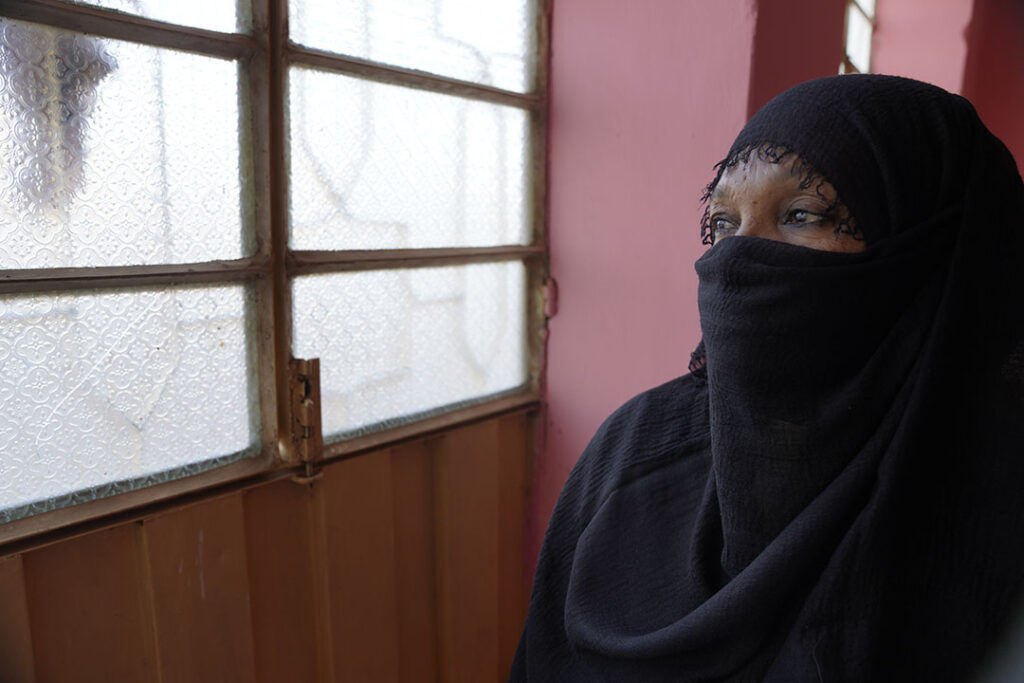In nearly two years of fighting, Sudan’s civil war has been marked by seemingly ceaseless violence and brutality. But a disturbing new report from the United Nations has shed light on the extent of sexual violence against children.
Sexual violence perpetrated by members of the paramilitary Rapid Support Forces (RSF) and the opposing Sudanese Armed Forces (SAF) is known to be rampant, as the U.N. reported that the number of survivors of gender-based violence seeking services increased by 288% in 2024.
In a March report, the U.N. children’s agency analyzed data that showed 221 reports of rape against children in 2024 across nine states, including 16 cases involving children under the age of 5. The youngest reported survivors were four 1-year-old babies.
“Children as young as 1 being raped by armed men should shock anyone to their core and compel immediate action,” UNICEF Executive Director Catherine Russell told a U.N. Security Council meeting on March 13.
The conflict has killed tens of thousands, forced more than 12 million people to flee their homes and created the world’s biggest humanitarian crisis. The U.N. said that 16 million children will need humanitarian assistance this year. In 2024, the number of women and girls — and increasingly, men and boys — at risk of rape and sexual assault increased by 80% compared to 2023. Russell cited more than 900 “grave violations” against children reported between June and December 2024, with victims killed or maimed in 80% of cases, mainly in the states of Khartoum, Al Jazirah and Darfur.
These figures only scratch the surface, the U.N. said, as survivors and their families often do not report sexual violence because of stigma, lack of services and fear of reprisal attacks from armed groups. UNICEF reports that girls frequently end up in informal displacement sites with scant resources, where the risk of sexual violence is high. Of the reported child rape survivors in 2024, 66% were girls. Boys report sexual assault more rarely and face similarly deep stigmatization, making it difficult to seek help and access services.
“This is an abhorrent violation of international law and could constitute a war crime,” Russell said. “It must stop. Widespread sexual violence in Sudan has instilled terror in people, especially children. These scars of war are immeasurable and long-lasting.”
When UNICEF spokesperson Tess Ingram was in Sudan talking to survivors of sexual violence, she was struck by the bravery of the victims, who bear the heavy burden of social stigma as well as fears of retribution.
“I interviewed dozens over two weeks, hearing their stories about their experiences,” she told the Public Broadcasting Service. “In most cases, these are children. They are young women who were trying to survive an awful, violent conflict only to be raped and, in many cases, physically beaten, threatened.
“They had loved ones killed in front of them. The youngest survivor I interviewed was 5 years old. This should not happen to anybody, let alone to children in such a vulnerable position.”
She talked with a human rights advocate, given the pseudonym Omnia, who was abducted and held for 19 days by an armed group.
“There were daily rapes,” Omnia told UNICEF. “Every day there were rapes. Every day there was a crime. They subjected us to insults, humiliation, fear, terror and starvation. During those 19 days, I lived in hell. I reached a point where I wanted to end my life.”
The executive director of a Sudanese women-led organization that provides services to survivors of gender-based violence tried to sum up the war’s impact on women and children:
“We need to acknowledge the problem in Sudan,” she told UNICEF. “Yes, it’s the war. Yes, it is the conflict. Yes, it’s displacement, but more importantly, it’s a protection crisis and at its heart it is a gender-based violence crisis. We have to acknowledge that.”

